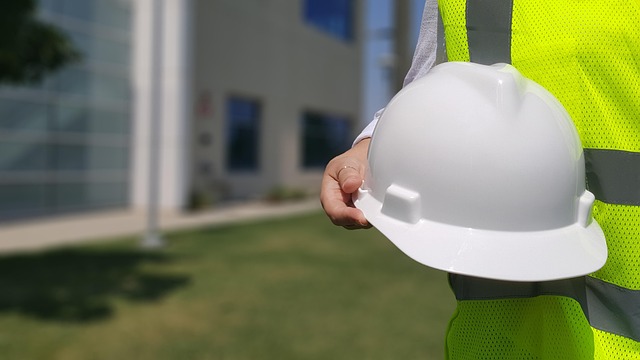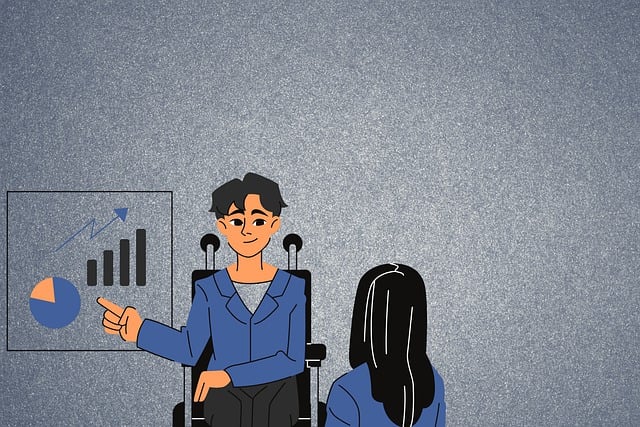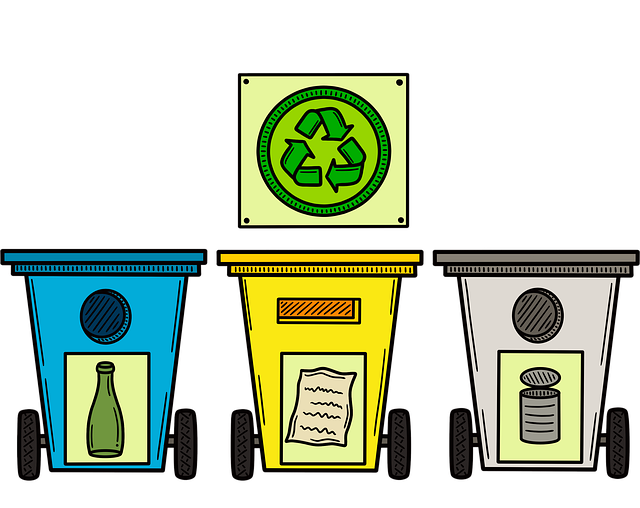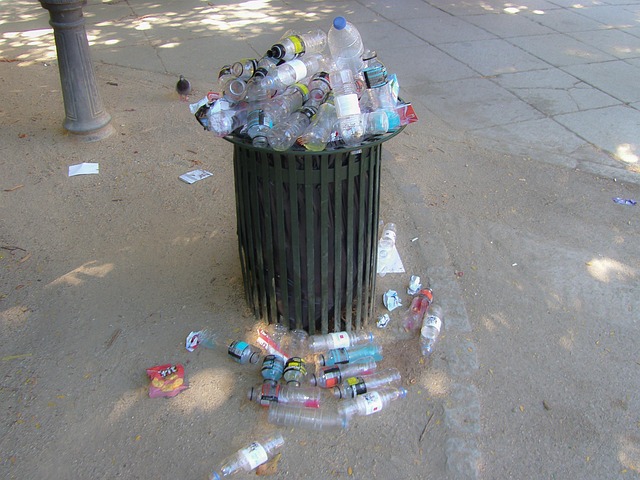New York State's (NYS) electronic recycling law mandates manufacturers implement take-back programs for safe e-waste disposal and recycling in Boston and Manhattan. Businesses non-compliant face penalties. Residents have free drop-off or mail-in options for items like cell phones, computers, and TVs. Local collection points and events promote proper disposal while protecting data security under NYS regulations. Adherence drives sustainable technology practices in both cities.
In Manhattan, navigating the responsible disposal of cell phones is easier than ever thanks to the NYS Electronic Recycling Law. This comprehensive legislation sets standards for the proper handling of electronic waste, ensuring a sustainable future. Our guide explores Manhattan’s various cell phone recycling options, highlighting benefits ranging from data security to environmental preservation. We also detail local collection points, upcoming events, and offer tips on ensuring your data remains secure during the recycling process. By embracing these practices, we can all contribute to a greener, more sustainable technology landscape.
- Understanding NYS Electronic Recycling Law
- Manhattan's Cell Phone Recycling Options
- Benefits of Responsible Disposal
- Local Collection Points & Events
- Data Security During Recycling Process
- Encouraging Sustainable Technology Practice
Understanding NYS Electronic Recycling Law

In New York State (NYS), the Electronic Recycling Law requires all electronic device manufacturers to establish take-back programs for their products, ensuring proper disposal and recycling of e-waste. This law applies not just to Manhattan but across the state, including Boston. The primary goal is to minimize environmental harm from toxic substances found in electronic devices and to promote sustainable e-waste management practices. Manufacturers must offer free drop-off locations or mail-in programs for consumers to return used electronics, covering a wide range of products like cell phones, computers, and TVs.
Non-compliance with the NYS electronic recycling law can result in penalties for businesses, including fines and legal action. To stay compliant, manufacturers should ensure they have adequate infrastructure in place for accepting and processing e-waste responsibly. Comparing e-recycling methods under NYC and Boston’s NYS-aligned laws is crucial for businesses operating in these regions, allowing them to adopt best practices while adhering to state regulations on proper e-waste management.
Manhattan's Cell Phone Recycling Options

Manhattan offers a range of cell phone recycling options for residents and businesses, aligning with New York State’s (NYS) electronic recycling law. Boston’s role in responsible electronic waste recycling under NYS law is evident through various state-mandated e-waste collection points scattered across Manhattan. These collection points facilitate the safe disposal of electronics according to Boston’s NYS-compliant recycling program.
In addition to these official points, many local businesses and non-profit organizations also accept old cell phones for recycling. This includes tech stores, library branches, and community centers, providing convenient opportunities for Manhattanites to contribute to responsible e-waste management. State-mandated e-waste collection points in Boston following NYS standards ensure that all recycled materials are processed in an environmentally friendly manner, contributing to a cleaner and more sustainable New York City.
Benefits of Responsible Disposal

In New York State, including Manhattan, responsible disposal of cell phones and other electronic devices is not just an ethical responsibility; it’s also a requirement mandated by law. The NYS electronic recycling law in Boston (and throughout the state) sets clear guidelines for businesses and residents to follow when discarding old electronics. By adhering to this legislation, individuals contribute to environmental preservation and resource conservation. Recycling materials like metals, plastics, and glass from discarded devices helps reduce mining and manufacturing impacts, saving energy and lowering greenhouse gas emissions.
Moreover, compliance with state laws is essential to avoid penalties. The NYS penalties for non-compliance with e-waste recycling laws in Boston can be significant, reflecting the gravity of proper disposal. When compared to other urban centers like NYC vs. Boston, both cities share similar environmental goals but may differ slightly in their specific regulations. Understanding and following these guidelines ensure that electronic waste is handled responsibly, promoting a sustainable future for our communities and the planet.
Local Collection Points & Events

Manhattan residents and visitors alike can easily participate in responsible e-waste management through various local collection points and events. According to the NYS electronic recycling law, Boston is required to provide State-mandated e-waste collection points that adhere to strict environmental standards. These collection points accept a wide range of electronics, including cell phones, ensuring proper disposal and recycling according to state regulations.
Boston residents have specific rights regarding electronic recycling per NYS law, making it convenient for them to dispose of their old electronics responsibly. Local events often collaborate with these State-mandated e-waste collection points, creating opportunities for the community to recycle their devices while learning about sustainable practices. By participating in these initiatives, Boston becomes a leader in environmental stewardship, ensuring that electronic waste is managed efficiently and in line with state laws.
Data Security During Recycling Process

When it comes to recycling cell phones in Manhattan, data security is a top concern for residents and businesses alike. New York State’s (NYS) electronic recycling law, which includes strict guidelines for Boston, ensures that personal information stored on old devices is securely erased or destroyed. This is crucial as NYC becomes one of the many cities across the state adopting NYS environmental initiatives for electronic recycling in Boston.
Understanding NYS regulations for electronic recycling programs in Boston is essential to ensure compliance with the mandate. The process involves multiple steps to guarantee data privacy, including proper collection, transportation, and disposal methods. By adhering to these standards, Boston reinforces its commitment to protect both its citizens’ data and the environment through responsible e-waste management.
Encouraging Sustainable Technology Practice
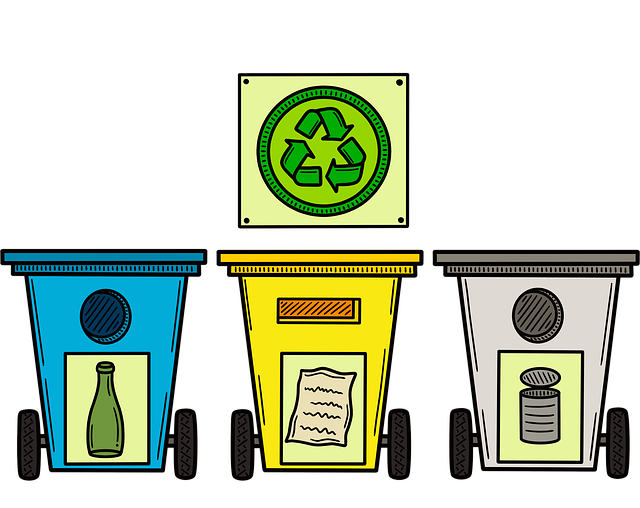
In Manhattan, encouraging sustainable technology practices is not just an environmental imperative but a responsibility driven by the NYS electronic recycling law. Boston, too, has embraced this mandate, aligning its electronic waste management strategies with state laws and regulations. The city boasts state-mandated e-waste collection points, ensuring residents have convenient access to responsible disposal options for their old devices. This initiative is in line with NYC’s recycling efforts, but Boston stands out by adhering strictly to the NYS standards.
Comparing e-recycling methods under these aligned laws reveals a commitment to efficient and eco-friendly solutions. Manhattan’s focus on proper electronic waste management, inspired by the NYS framework, encourages businesses and residents to participate actively in this green movement. By embracing these state-driven practices, both cities contribute to a larger goal: reducing environmental impact and fostering a sustainable future for technology.
Recycling cell phones in Manhattan not only contributes to a sustainable future but also aligns with the NYS Electronic Recycling Law. By utilizing local collection points and events, residents can ensure their old devices are responsibly disposed of, protecting both the environment and personal data security. This collaborative effort fosters a culture of eco-friendly technology practices, making Manhattan a leader in responsible e-waste management. Remember, every recycled cell phone brings us closer to a greener tomorrow.




